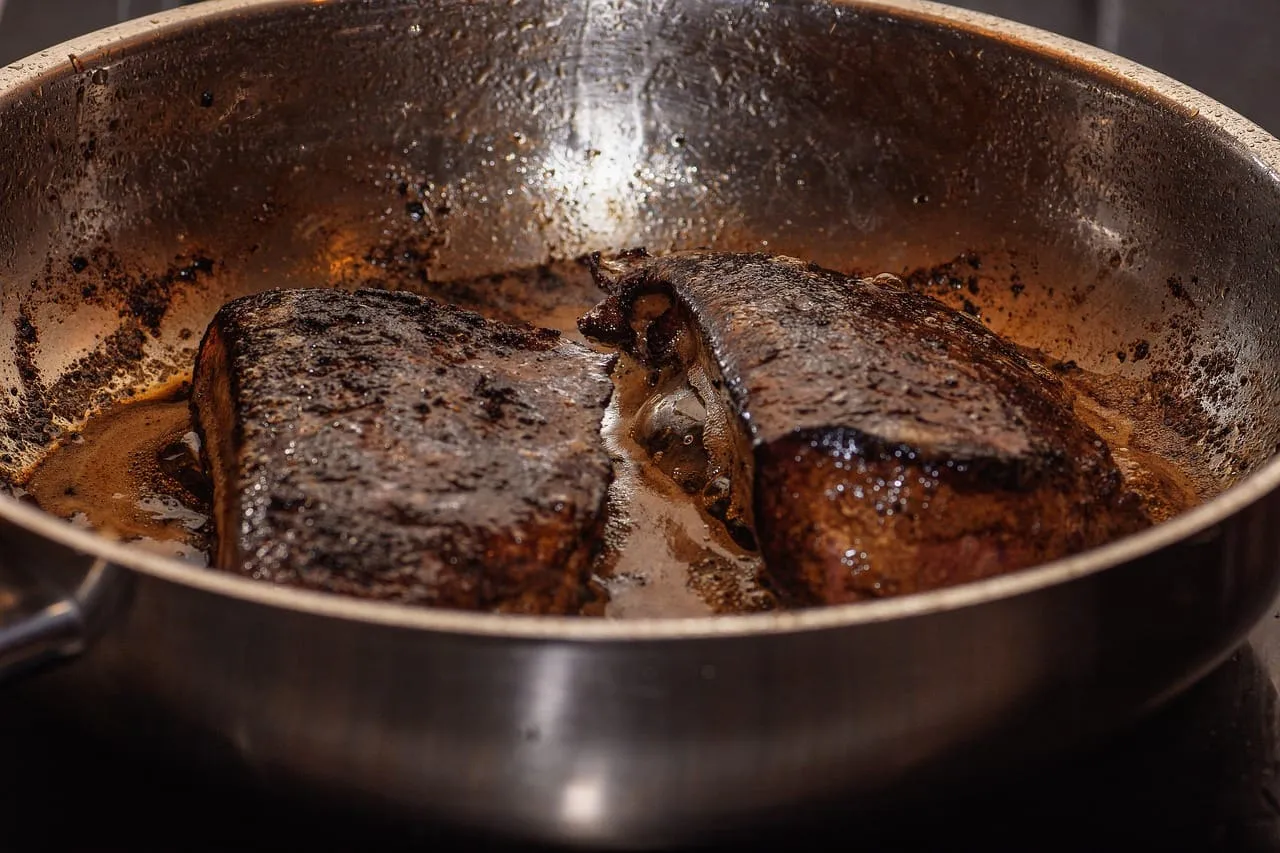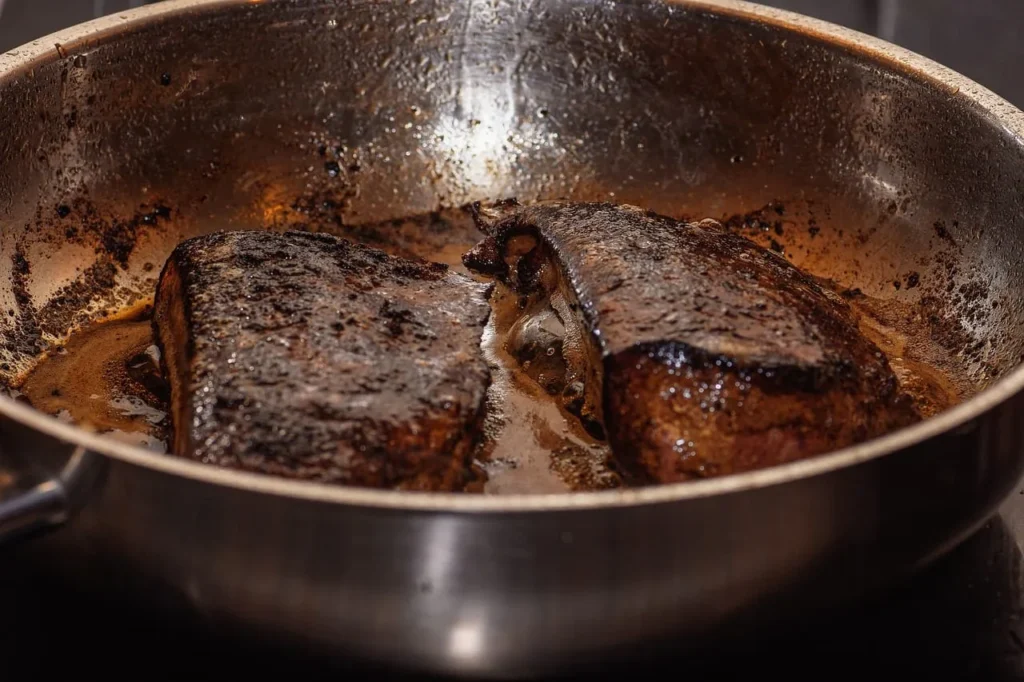Have you ever wondered how important vitamins are to your liver health, especially when it comes to detoxification and protection? Your liver, being a critical organ, works tirelessly to filter out toxins and maintain overall harmony in your body. It deserves ample support, and surprisingly, Vitamin E stands out as a potent ally in this quest. This natural antioxidant not only aids in protecting your liver but also assists in its intricate detoxification processes. Let’s unravel how Vitamin E contributes to maintaining a healthy liver and explore its many benefits.

Understanding the Liver’s Functions
Before diving into Vitamin E’s role, it’s crucial to comprehend the liver’s primary functions. Known as the body’s chemical factory, the liver takes on significant responsibilities that are vital for your well-being.
Key Roles of the Liver
- Detoxification: The liver filters and detoxifies blood coming from the digestive tract before it distributes it to the rest of the body.
- Protein Synthesis: It synthesizes essential proteins that your body requires for various functions, including blood clotting.
- Storage of Vitamins and Minerals: The liver stores vitamins and minerals and releases them when they are needed.
- Bile Production: Bile is crucial for digestion and absorption of fats and fat-soluble vitamins.
These tasks underscore the liver’s indispensable role in health maintenance, making it vital to fortify it against any potential damage.
What is Vitamin E?
To understand the symbiotic relationship between Vitamin E and the liver, let’s first delve into what Vitamin E entails.
The Nature of Vitamin E
Vitamin E is not just a single compound but a group of fat-soluble compounds with distinctive antioxidant properties. These compounds are essential for neutralizing free radicals and preventing oxidative stress, which can damage cells.
The Form of Vitamin E
Vitamin E exists in eight different forms, but tocopherols and tocotrienols are the most common and beneficial. These compounds can be found naturally in certain foods and are also available as supplements.
| Form | Type | Sources |
|---|---|---|
| Tocopherol | α, β, γ, δ | Nuts, seeds, spinach, and broccoli |
| Tocotrienol | α, β, γ, δ | Palm oil, rice bran oil, and barley |
Through dietary intake or supplementation, maintaining adequate levels of Vitamin E is achievable and vital for liver health.

The Mechanism: How Vitamin E Works in the Liver
To appreciate the benefits of Vitamin E, it’s essential to explore the mechanisms through which it works in your liver.
Antioxidant Defense
Vitamin E stabilizes and neutralizes free radicals, which are reactive molecules that can cause cellular damage. By reducing oxidative stress, Vitamin E protects the liver cells (hepatocytes) from damage.
Anti-Inflammatory Agent
Chronic inflammation is linked to liver diseases. Vitamin E helps modulate the immune response, decreasing inflammation, and thus providing a protective layer for the liver cells.
Enhancement of Enzyme Activity
Vitamin E influences liver enzyme functions, which are crucial in the detoxification pathways. This effect ensures that harmful toxins and chemicals are processed efficiently and safely eliminated from the body.
Vitamin E’s Role in Liver Detoxification
A healthy liver is your body’s frontline defense for detoxification, and Vitamin E plays a supportive role here.
Supporting Phase I and Phase II Detoxification
The liver detoxifies environmental toxins and internal waste products through two main phases, known as Phase I and Phase II detoxification.
-
Phase I Detoxification: This involves oxidation, reduction, and hydrolysis reactions. Vitamin E, by reducing oxidative stress, aids in maintaining the balance of Phase I enzyme activities.
-
Phase II Detoxification: In this phase, toxins are transformed into water-soluble molecules, which can be excreted from the body. Vitamin E enhances the conjugation processes, crucial for Phase II detoxification.
Protection from Fatty Liver Conditions
Non-alcoholic fatty liver disease (NAFLD) is one condition where Vitamin E shows significant promise. By mitigating oxidative stress and regulating lipid peroxidation, Vitamin E helps slow down or reverse the progression of NAFLD.

Vitamin E and Liver Protection: More Than Detoxification
While detoxification is crucial, protection against various diseases is equally vital for sustaining liver health.
Prevention of Fibrosis
Fibrosis is the thickening and scarring of connective tissue, usually a result of injury. Vitamin E prevents the progression of liver fibrosis by modulating inflammation and oxidative stress, which otherwise exacerbates fibrotic conditions.
Combating Liver Inflammation and Damage
Vitamin E supplementation has been shown to alleviate symptoms and histological indicators of liver inflammation and damage, especially in chronic liver conditions such as hepatitis C.
Antioxidant Harmony
In conjunction with other antioxidants like Vitamin C, Vitamin E enhances overall liver function and protection. This synergistic effect not only augments the antioxidant network but also contributes to improved liver resilience against various insults.
Sources of Vitamin E for Liver Health
Ensuring your liver gets adequate Vitamin E can be achieved through diet and supplementation.
Dietary Sources
Foods rich in Vitamin E offer an excellent way to support your liver naturally.
- Nuts and Seeds: Almonds, sunflower seeds, and hazelnuts are excellent sources of Vitamin E.
- Leafy Greens: Spinach and Swiss chard also provide a dose of Vitamin E.
- Oils: Sunflower, safflower, and wheat germ oil boast high levels of Vitamin E.
Supplementary Sources
For those who have difficulty getting enough Vitamin E through diet alone, supplements are available. It’s important to approach supplementation with care and in consultation with a healthcare provider to avoid potential overdoses and side effects.

Considerations and Precautions
Despite its numerous benefits, responsible supplementation and consumption of Vitamin E are necessary to harness its full potential without unwanted consequences.
Recommended Dosages
The recommended dietary allowance (RDA) for Vitamin E varies depending on age, sex, and other health factors. Typically, an adult requires around 15 mg (22.4 IU) per day. However, specific conditions might necessitate different amounts, and it’s crucial to tailor to individual needs.
Possible Side Effects and Interactions
Excessive intake of Vitamin E could lead to adverse effects such as increased bleeding risks, especially when taken with blood thinners. It may also interact with certain medications and conditions, underscoring the importance of guidance from health professionals.
Conclusion
Understanding and optimizing liver health is not complete without acknowledging the indispensable role of Vitamin E. As a powerful antioxidant and anti-inflammatory agent, it provides substantial support in detoxification and protection, safeguarding your liver from harm and ensuring it functions efficiently. Awareness of dietary and supplemental sources, and adhering to proper dosages further enrich your journey towards a healthier liver. Embrace the benefits of Vitamin E, and nurture the well-being of your vital organ for a sustained and healthier life.

